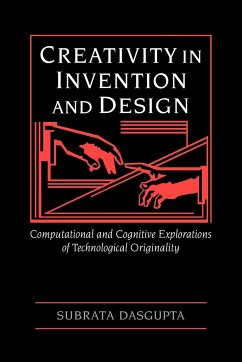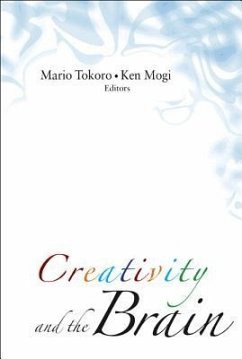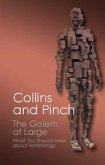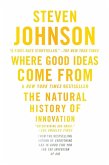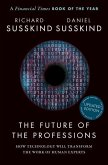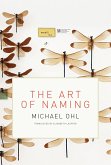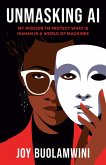Creativity is a topic that has traditionally interested psychologists, historians, and biographers. In recent years, developments in cognitive science and artificial intelligence have provided a powerful computational framework in which creativity can be studied and the creative process can be described and explained. In this book, creativity in technology is discussed within such a computational framework. Using an important historical episode in computer technology as a case study, namely, the invention of microprogramming by Maurice Wilkes in 1951, the author presents a plausible explanation of the process by which Wilkes may have arrived at his invention. Based on this case study, the author has also proposed some very general hypotheses concerning creativity that appear to corroborate the findings of some psychologists and historians and then suggests that creative thinking is not significantly different in nature from everyday thinking and reasoning. This book should be of interest to all those interested in creativity, including cognitive scientists, historians and philosophers of science, historians and philosophers of technology, and artificial intelligence researchers. It should also appeal to the general reader.
Hinweis: Dieser Artikel kann nur an eine deutsche Lieferadresse ausgeliefert werden.
Hinweis: Dieser Artikel kann nur an eine deutsche Lieferadresse ausgeliefert werden.

